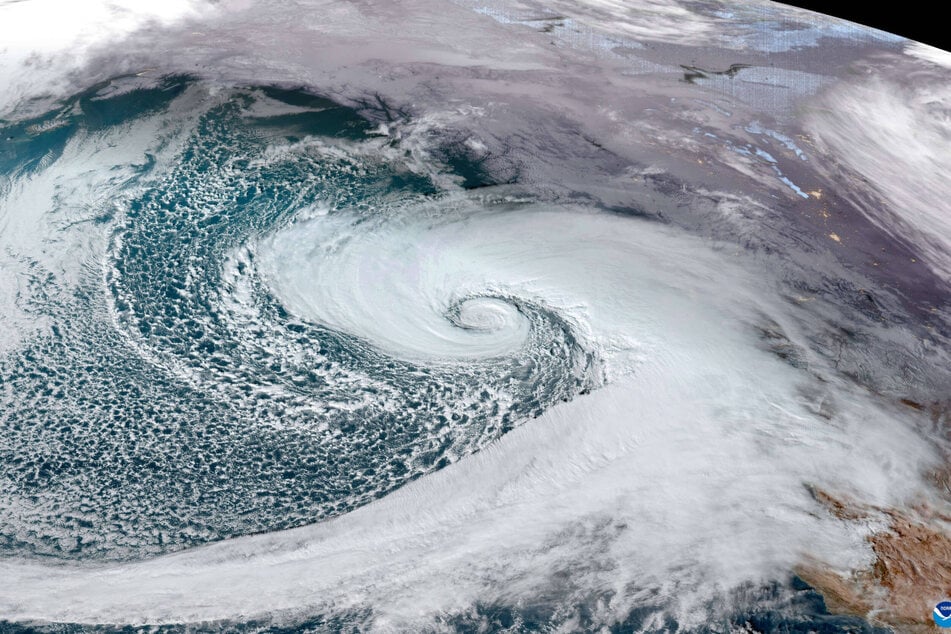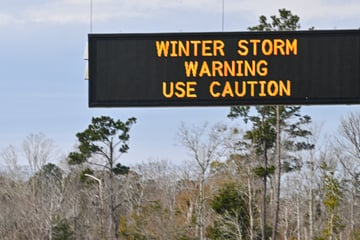Two dead as "bomb cyclone" storm pounds western US
Los Angeles, California - A "bomb cyclone" was lashing the western US on Wednesday, bringing hurricane-force winds that have killed at least two people and left half a million without power.

Gusts of nearly 90 miles per hour were racing through the Pacific Northwest, toppling trees and power lines.
Torrential rains dumped up to three inches of rain on parts of Oregon, Washington, and northern California, the National Weather Service said.
Firefighters in the city of Lynnwood, near Seattle, said a falling tree had killed one woman at a homeless encampment, while another person died when a tree crashed into their house in nearby Bellevue.
"Trees are coming down all over the city & falling onto homes," Bellevue Fire Department wrote on social media.
"If you can, go to the lowest floor and stay away from windows. Do not go outside if you can avoid it."
About 500,000 homes were without power in Washington state as of Wednesday morning, according to the Poweroutage.us website.
The storm originally hit Washington but was now moving into Oregon and California, where forecasters say over a foot of rain could cause flooding at lower elevations and develop into blizzards over the mountains.
"The latest forecast calls for 12-16 inches of rainfall over northern California and far southwest Oregon into Friday," the Weather Prediction Center said in a bulletin.
"In the Cascades and mountains of northern California, a heavy snow threat will unfold as several feet of accumulation are possible... Strong winds will combine with snow to produce potential blizzard conditions."
What makes a storm into a bomb cyclone?
Meteorologists say the center of the cyclone is likely to remain well off the West Coast, limiting its destructive potential.
But the speed with which it formed and gathered power has led it to be classified as a "bomb cyclone."
Scientists say human-caused climate change is amplifying the destructive force of storms around the world. Warmer oceans give up more water which provides additional energy to storms, increasing the strength of the wind.
The warming atmosphere also means storms can carry more water, resulting in heavier downpours.
Cover photo: IMAGO / ZUMA Press Wire
